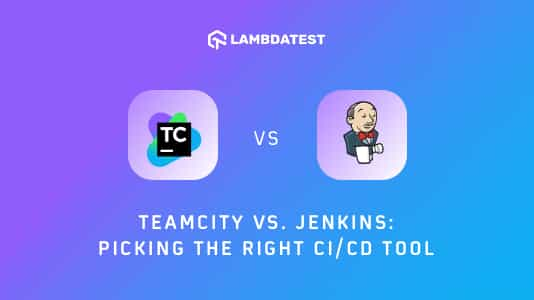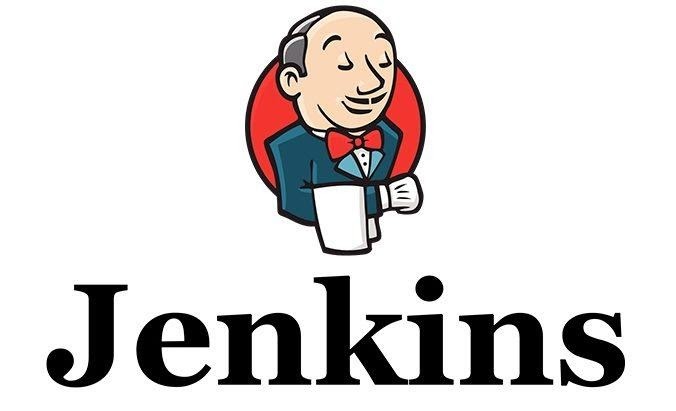
Some CI servers have built-in support for parsing RSpec or Istanbul output for example and we mention those. JetBrains has a rich ecosystem of plugins in general.

The downside is that almost anything you want to do in Jenkins requires installing a plugin, even core functionality such as parsing output or checking out source code. Thanks to it's popularity, there's a large selection of available plugins for Jenkins. Something that stands out from the rest, allows integrating third party reports, as long as they produce HTML output.īesides the official documentation and software, is there a large community using this product? Are there any community-driven tools / plugins that you can use? Has ready-made integrations for standard reports such as JUnit test results. Reports are about the abilty to see specific reports (like code coverage or custom ones), but not necesarily tied in into a larger dashboard. This unlocks a lot of potential, such as templates for common CI/CD tasks, and deep integration with various IDEs (not just JetBrains IDEs) Unlike most options in the CI/CD space, TeamCity allows defining pipelines using a Kotlin-based DSL. Also, their Blue Ocean project is a great tool for building pipelines: Offers extensive support for custom pipelines, either through the Jenkins Pipeline DSL, written in a Jenkinsfile, either through the Web UI. Jenkins is Open Source Software, and self-hosting is the only way to use it.Ī continuous delivery pipeline is a description of the process that the software goes through from a new code commit, through testing and other statical analysis steps all the way to the end-users of the product. Collaboration features built into other similar products are lacking, as are governance features (no easy way to tell from Jenkins alone _who_ is responsabile for a broken build, for example), even if your Version Control Server of choice can give that information (via `git blame` for example).Īllows assigning roles, LDAP and Windows domain integrations and more. In practice, for Jenkins it usually means that there's someone solely in charge of the Jenkins instance (configuration, management). How easy is it to manage users / projects / assign roles and permissions and so on Great system overview, even allows building your own dashboards in order to see everything you're interested in at a glance. Some plugins address this issue, but they need to be manually installed.Īnalytics and overview referrs to the ability to, at a glance, see what's breaking (be it a certain task, or the build for a specific project)Īvailable via the Blue Ocean project (part of Jenkins): No specific mention that we could find, but judging by the wording used it would appear that tasks can be divided accross different machines.īy default, Jenkins runs all builds in the same environment as the build server itself, which can lead to numerous issues and is generally not a good practice. Jenkins has a concept of master server and agents, for distributing builds, but setting that up requires quite a bit of manual work from a sysadmin, compared to other options. Jenkins allows builds to be run in parallel, but all builds share the same environment and there can be issues arising from shared resources such as the filesystem.ĭistributed means that tasks can be scaled horizontally, on multiple machines How to split tests in parallel in the optimal way with Knapsack Pro For this table, parallel means that tasks can be run concurrently on the same machine, distributed means that tasks can be scaled horizontally, on multiple machines Some of it is just marketing, and some is just nuance.


However, Jenkins' popularity ensures you'll find support in various places (official Jenkins forum, IRC, StackOverflow etc.)Įvery CI servers tends to address this differently (parallel, distributed, build matrix). They have a clear list of prices per number of agents. Jenkins is free software, the only costs are those assigned to running your infrastructure. They also provide a free plan for open source, non commercial projects, and steep 50% discounts for startups. From there, you pay for each aditional agent you want (discounts if you purchase more than 1 agent at a time). They offer a great free professional plan, limited to 100 build configurations and 3 build agents.


 0 kommentar(er)
0 kommentar(er)
